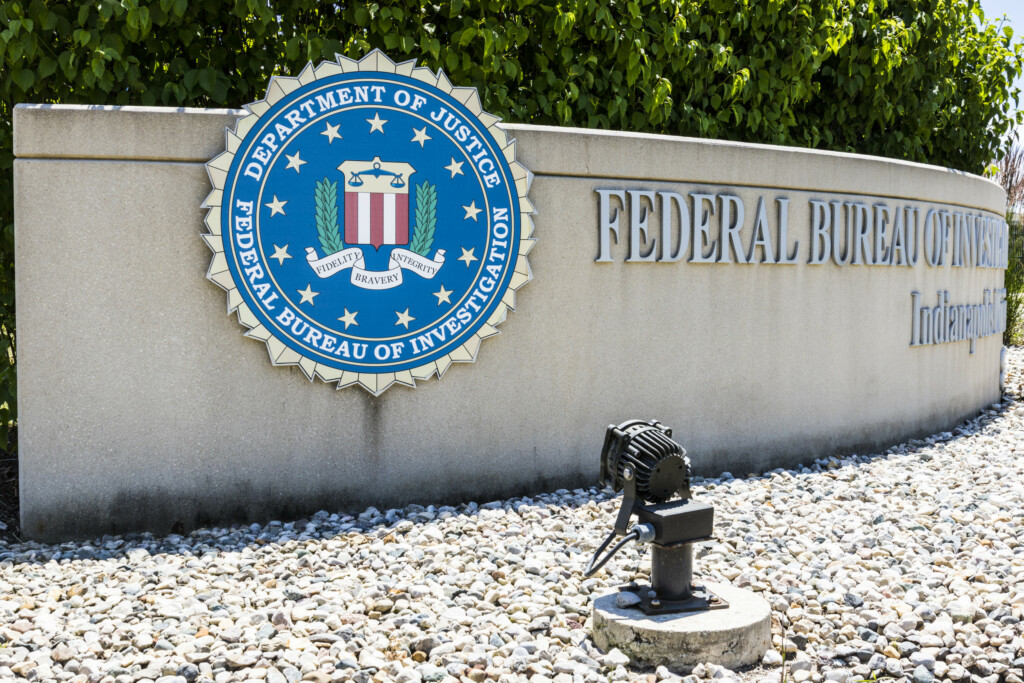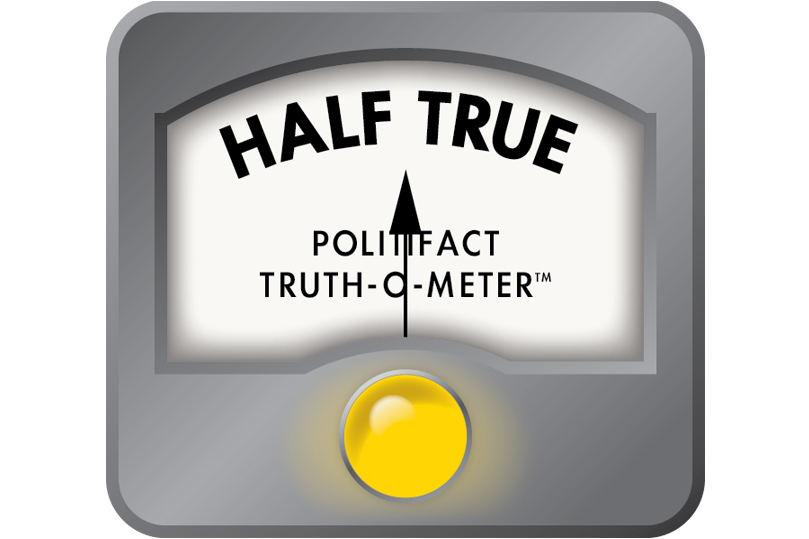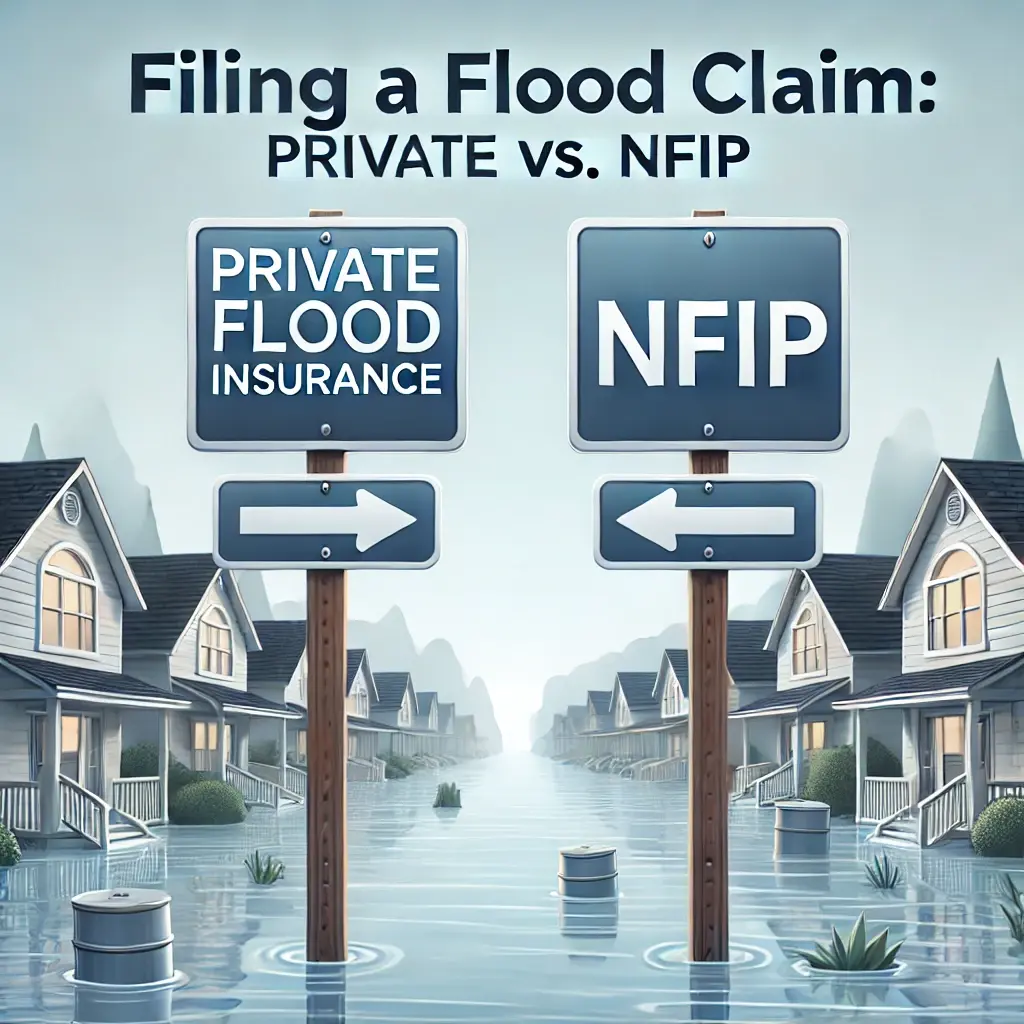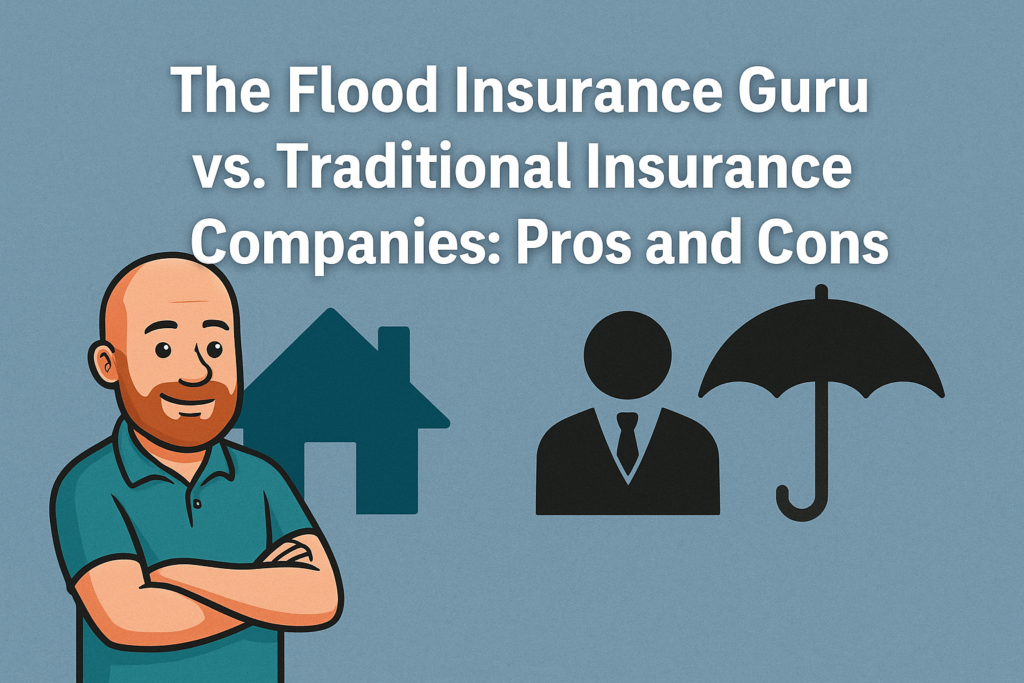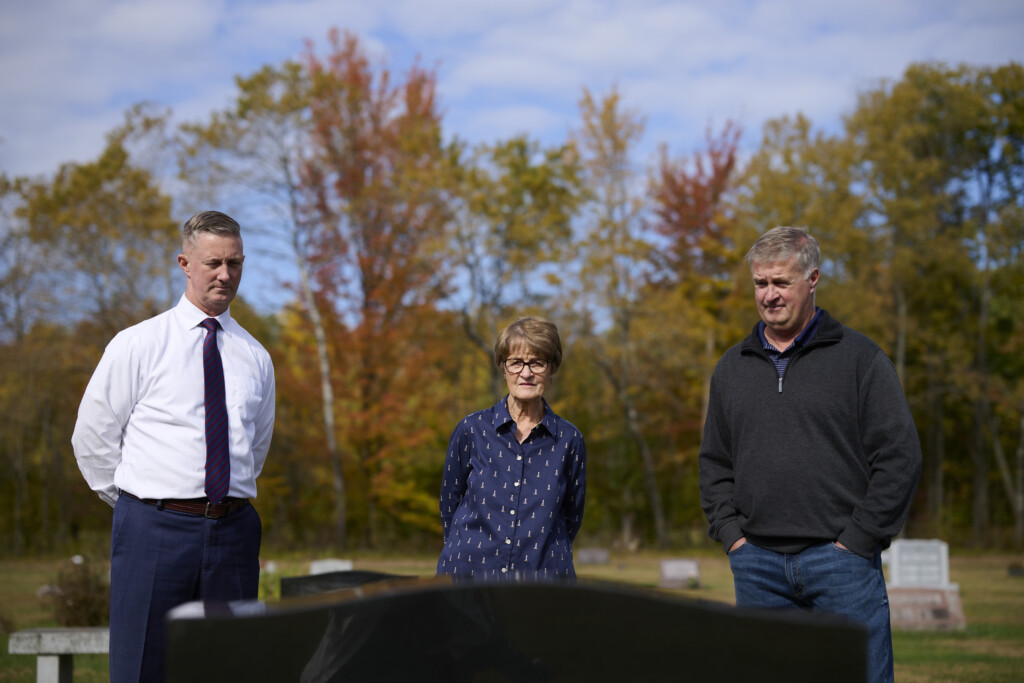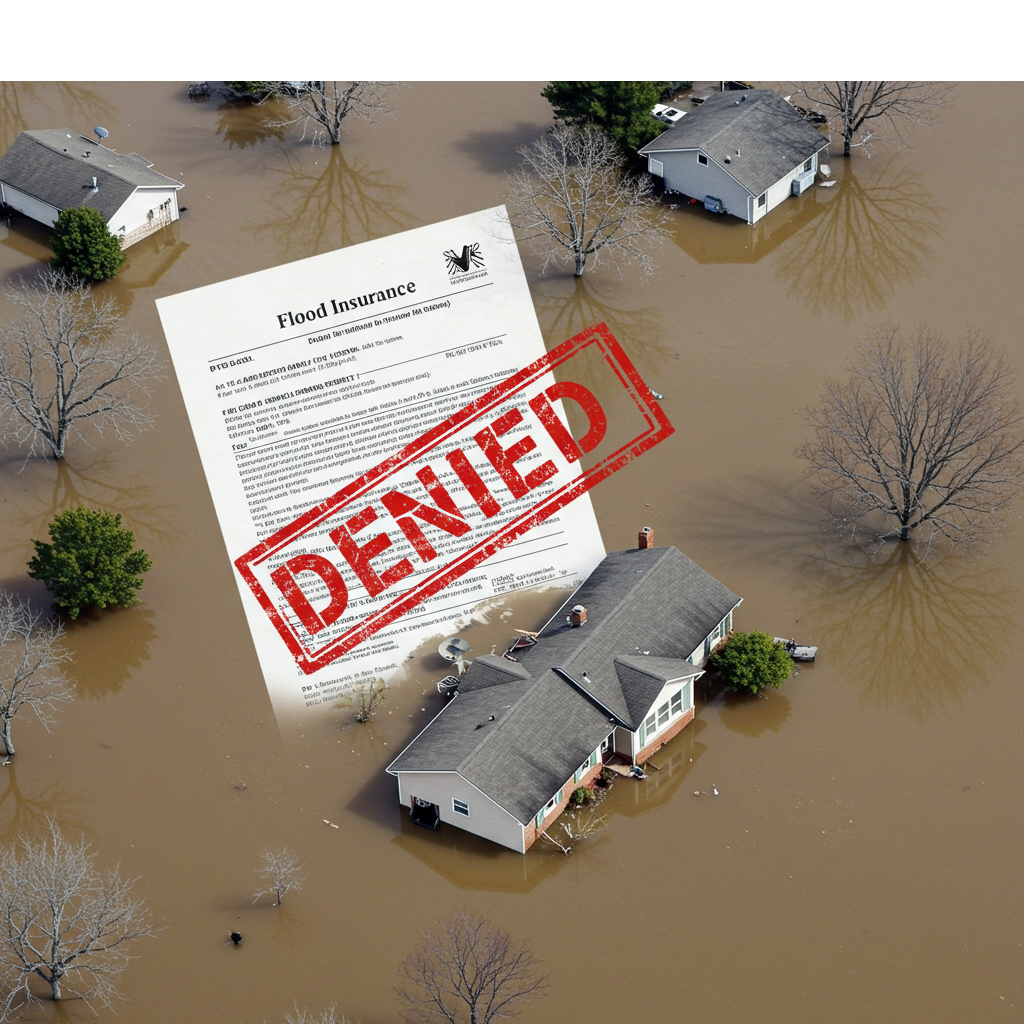Alaska Insurance
No posts
Arizona Insurance
Connecticut Insurance
No posts
Delaware Insurance
No posts
Florida Insurance
Hawaii Insurance
No posts
Idaho Insurance
No posts
Indiana Insurance
No posts
Iowa Insurance
Kansas Insurance
No posts
Kentucky Insurance
Louisiana Insurance
No posts
Maine Insurance
No posts
Maryland Insurance
No posts
Massachusetts Insurance
No posts
Michigan Insurance
No posts
Minnesota Insurance
No posts
Mississippi Insurance
No posts
Missouri Insurance
No posts
Montana Insurance
No posts
Nebraska Insurance
No posts
Nevada Insurance
No posts
New Hampshire Insurance
No posts
New Jersey Insurance
New Mexico Insurance
No posts
New York Insurance
North Carolina Insurance
North Dakota Insurance
No posts
Oklahoma Insurance
No posts
Oregon Insurance
No posts
Pennsylvania Insurance
No posts
Rhode Island Insurance
No posts
South Carolina Insurance
South Dakota Insurance
No posts
Tennessee Insurance
No posts
Utah Insurance
No posts
Vermont Insurance
No posts
Virginia Insurance
No posts
West Virginia Insurance
No posts
Wisconsin Insurance
No posts
Wyoming Insurance
No posts











